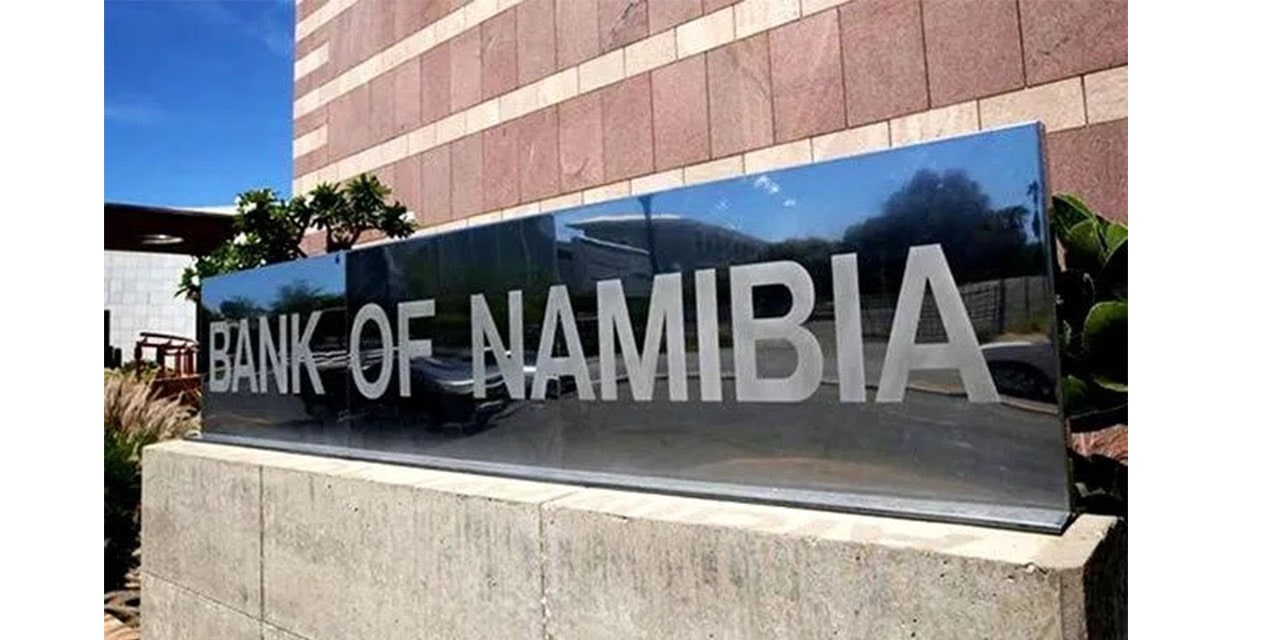Niël Terblanché
The High Court of Namibia in Windhoek set aside the Bank of Namibia’s (BoN) decision to block the bank accounts of six wholesale and retail businesses.
The landmark ruling delivered on 31 May 31 by Judge Shafimane Ueitele, scrutinised and found the actions of the Bank of Namibia and its Acting Director of Exchange Control and Legal Services, Penelao Kapenda, unlawful.
The case, brought forward by Nemi Investments 104 CC, Nemi Investments 105 CC, Rani Traders CC, Rundu Cash and Carry CC, Dharani Traders CC, and Oshana Cash and Carry CC, revolved around the acceptance and handling of foreign currency, particularly US dollars, at the applicants’ outlets located in northern Namibia.
These businesses, operating near the Angolan border, had been receiving payments in US dollars as a result of cross-border trade.
The controversy began in February 2023 when the third respondent, Kapenda, received an anonymous tip-off alleging that the businesses under the Rani Traders group were unlawfully dealing in foreign exchange by receiving and depositing foreign currencies into their bank accounts without proper authorization.
Following this tip-off, Kapenda initiated an internal investigation and covert operations, which led to the decision to block the bank accounts of the applicants.
The applicants challenged the legality of these actions, asserting that they had received permission from the Bank of Namibia to accept foreign currency for the payment of goods and services.
When the case was before Judge Ueitele, the applicants argued that the blocking orders issued by Kapenda were not only unauthorised but also violated the principles of fairness and legality.
In his judgement, Judge Ueitele emphasised the principle that public authorities possess only as much power as is lawfully authorised.
He pointed out that while the Minister of Finance had delegated certain powers to the Bank of Namibia, there was no valid delegation of the power to block accounts to Kapenda.
The judge ruled that Kapenda’s notices and orders were invalid because they lacked the necessary legal authority.
The judge also found that the Bank of Namibia had failed to comply with the procedural requirements necessary for such actions, including providing the applicants with an opportunity to be heard.
“As a result, all decisions and notices issued by the Bank of Namibia and Kapenda between March 28, 2023, and April 28, 2023, and on June 13, 2023, were reviewed and set aside,” Judge Ueitele stated in his ruling.
This ruling also restored the access of the applicants to their banking accounts.
The ruling also stresses the importance of adherence to legal procedures and proper delegation of authority within public institutions.
The Bank of Namibia has been ordered to pay the costs incurred by the applicants, including the fees for their legal representation.
This case sets a significant precedent in the realm of exchange control regulations and the powers of financial authorities in Namibia.




